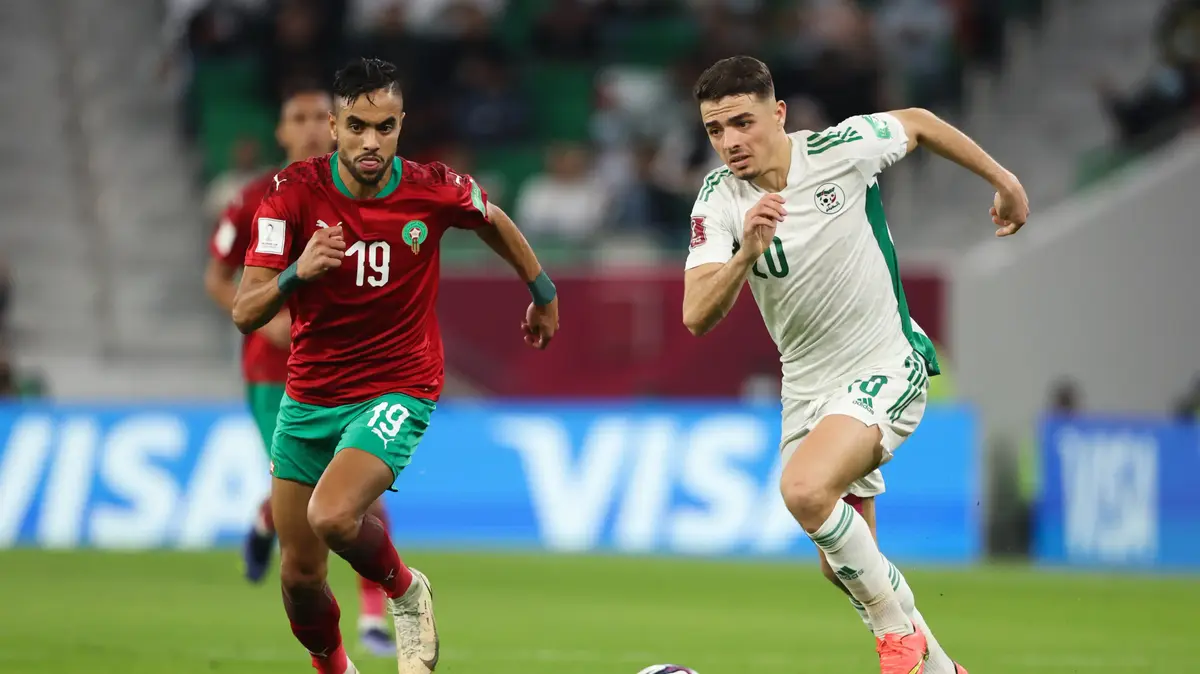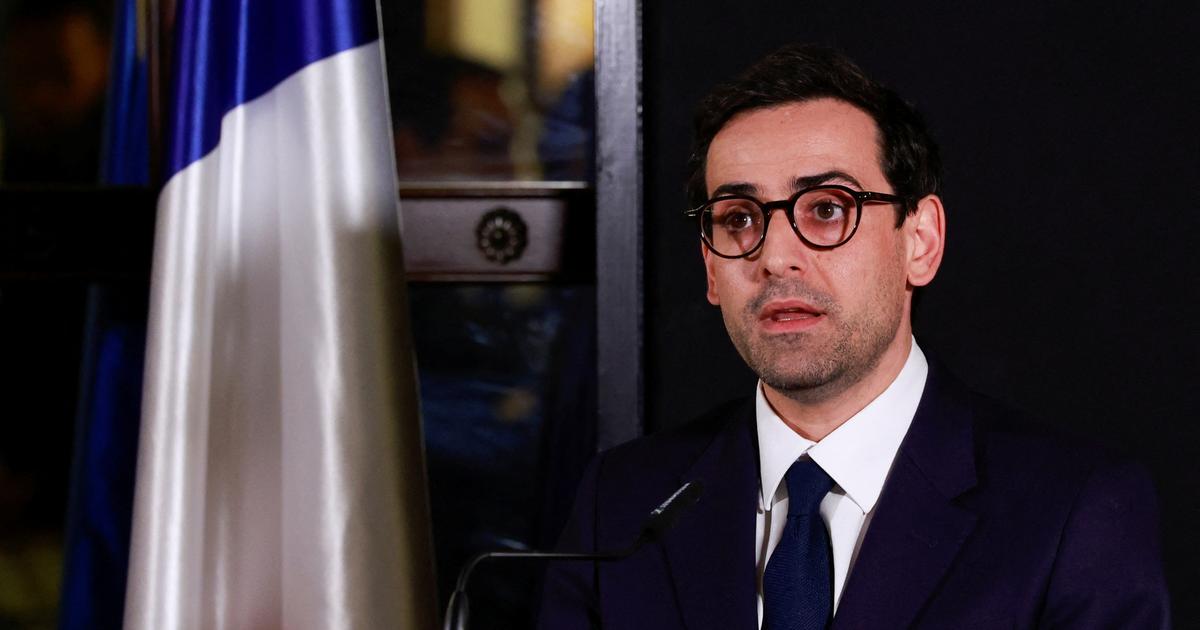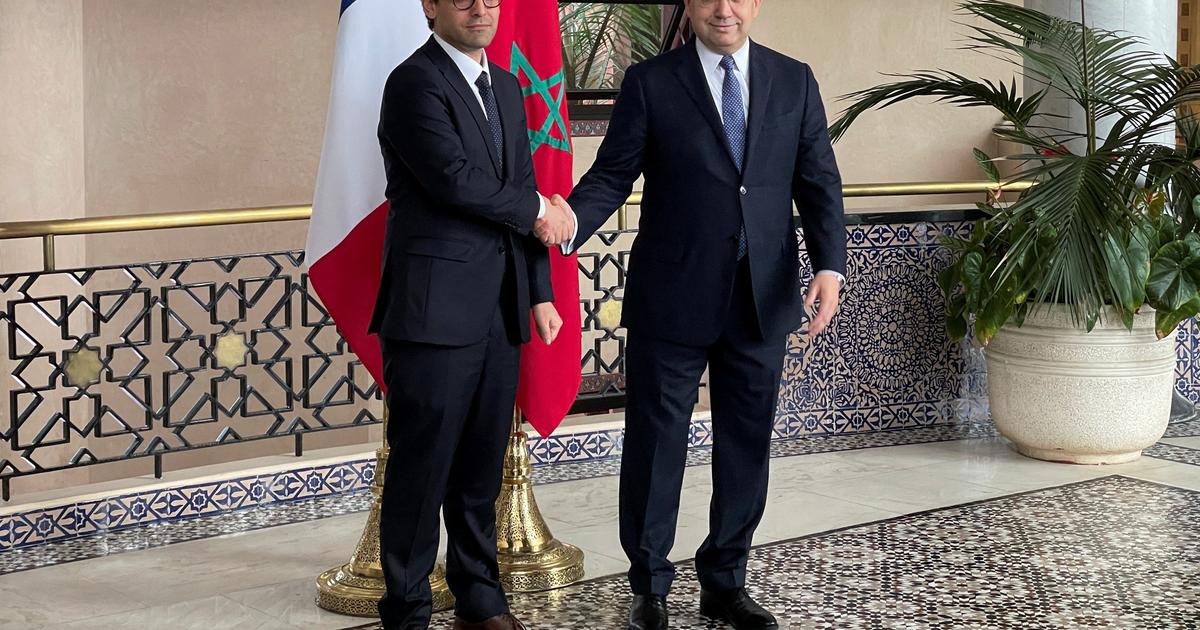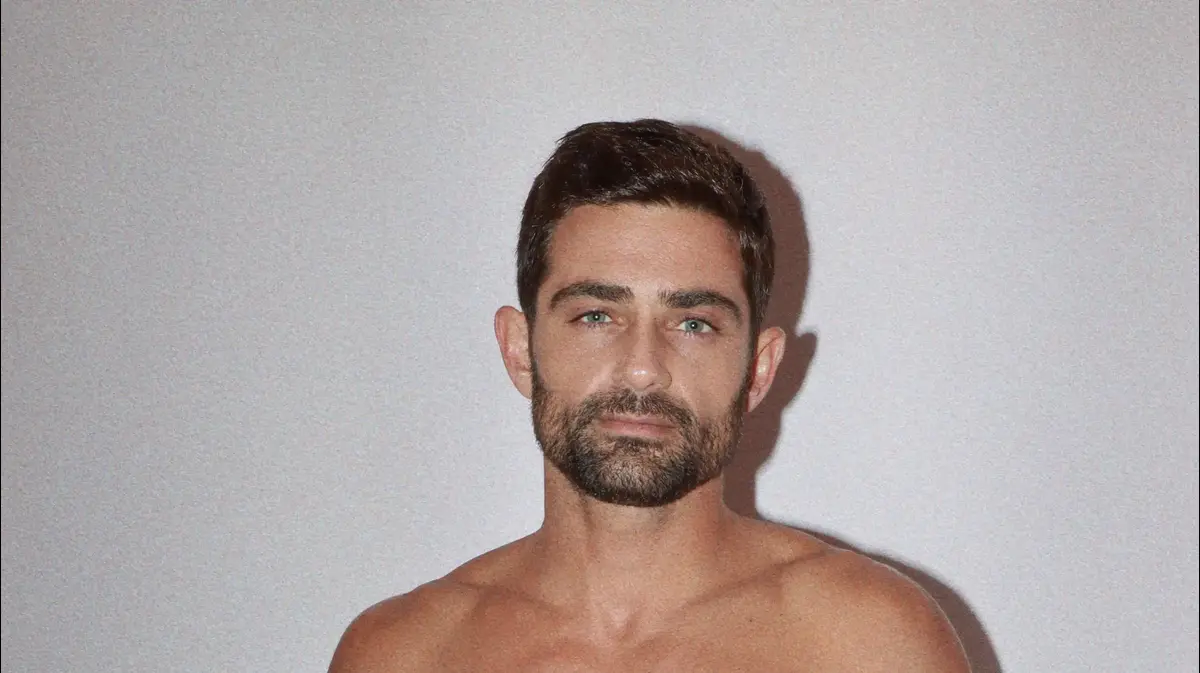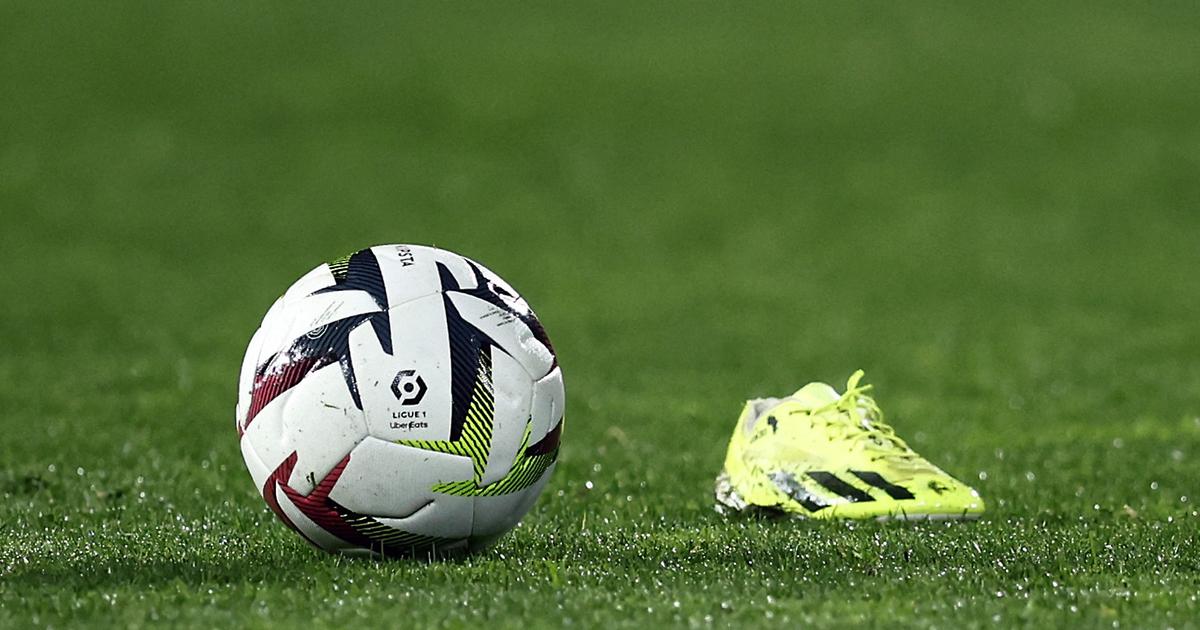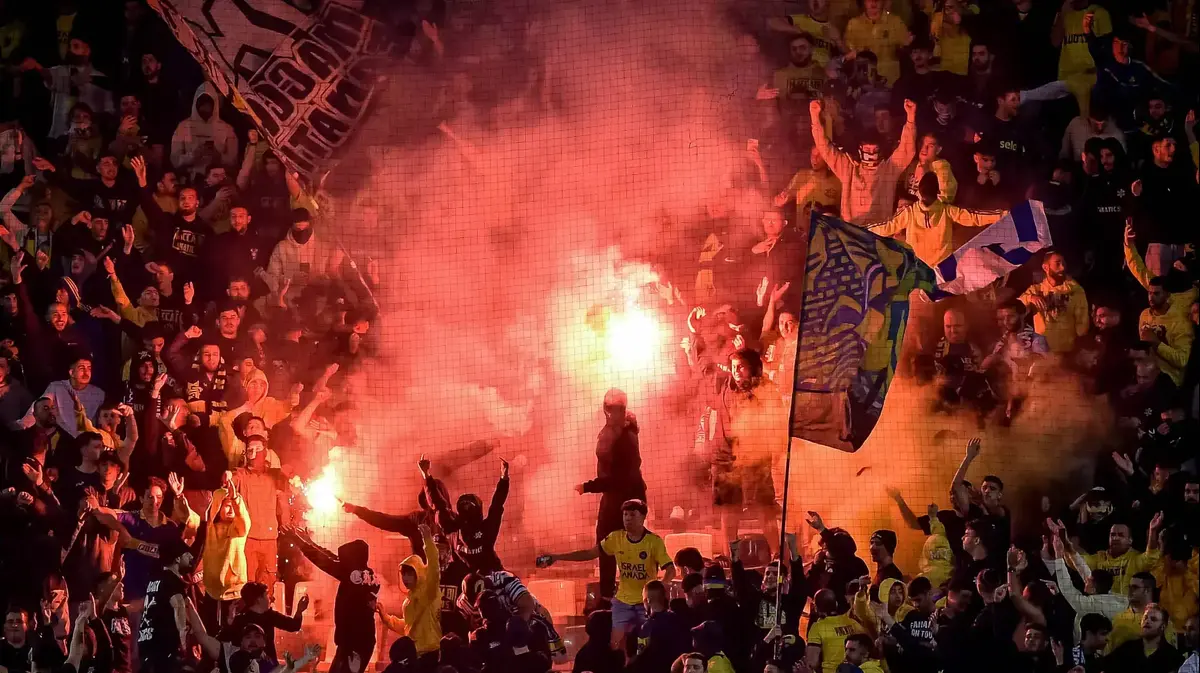Summary: Algeria beats Morocco in the Arab Cup, an amazing goal by Youssef Balaili (Sport1)
Last January a very strange case happened in the city of Constantine in Algeria.
The Moroccan team was supposed to go up and play against the Sudan team, in the 2022 CHAN in Algeria - the African championship for teams with local squads, which was postponed due to the corona virus.
Everything was ready.
The Moroccan flag, the anthem that was played, everything - except for the players themselves and the entire Moroccan team, who simply did not come to the game.
And not to the stadium.
They also did not board the bus from the hotel, and did not land in Algeria at all.
The players of the Moroccan national team sat for hours and waited at the airport in Rabat, for permission to take off on an Air Royal Maroc plane directly to Constantine.
And here it started to get complicated, when the most bubbling conflict in North Africa, between Morocco and Algeria, started to flare up.
became the continent's top team.
Morocco (Photo: Reuters)
In recent months something has been happening in North Africa.
Long-standing tensions between Morocco and Algeria are getting worse, breaking records and going deep into football.
A complex and complicated prank, which spreads to politics, culture, tradition, sports and ... couscous.
Yes, couscous too.
The couscous unites, but history bleeds.
The problem with the landing of that plane of the Royal Moroccan Airlines in Algeria, was that for the Algerian hosts, official planes of Morocco cannot land in their territory since the borders and skies between the countries were completely closed two years ago.
The Algerians demanded that the Moroccans fly with another company's plane through Rades in Tunisia, but the Moroccans did not agree, the African Confederation was unable to take control of the event, and it ended with the Moroccans not showing up for the tournament, which they won in its two previous editions (2018 and 2020).
But the truth is that a few months earlier, in September 2022, there was a first hint that the conflict between Algeria and Morocco was spilling over into football.
Adidas released a training shirt for the Algerian national team and found itself in a legal quandary, after Morocco sued it for "cultural appropriation of a national Moroccan symbol".
The Moroccan Minister of Culture, Mohamed Ben Said, accused the German company of "trying to steal an official form of Moroccan cultural heritage".
The UN court checked and found the Moroccans right, and the Adidas designers admitted that they were inspired by Moroccan designs. The design was shelved, the shirts were recalled from the stores, and Adidas issued another design to Algeria. The story of the design is just a small example of how the Moroccan-Algerian conflict Yarai is prickly and prickly, even when it comes to something trivial like training shirts.
The protests over the Sahara reminded how present the tension is.
Algeria vs. Morocco (Photo: GettyImages)
Algeria and Morocco are neighboring countries with many similarities - religious, linguistic and cultural.
Both were under French colonial rule, both have a large and dominant Berber population and both have the same national dish - couscous.
And not only them.
From Libya to Mauritania, in every country there are those who claim that the well-known dish from North African cuisine - the couscous - was invented by them, and that their version of the popular dish is the tastiest.
In Tunisia it is with fish and more spicy, in Libya it is traditional with camel meat, in Morocco it is always rich in vegetables, and in Algeria it is generally green, sometimes with milk and butter.
The competition for the couscous exists between all the peoples of the region, but between Morocco and Algeria it is the hottest when each side claims that theirs is "better", and that the couscous is first of all - theirs.
"There is a dear country, a neighbor, that seems to have taken ownership of the production of couscous in the world," said the Prime Minister of Algeria, Ahmed Oyoha, several years ago.
But alongside the culinary competitiveness, there is quite a bit of bad blood on the battlefield and on the diplomatic level.
Since France conquered North Africa, and divided the region and the peoples who lived in it, although there was not much difference between them, the problems began.
The opening shot of the Moroccan-Algerian conflict happened a year after Algeria declared independence from France.
In 1963, the Sand War broke out - a series of battles over two provinces in the Sahara desert from Morocco, then still supported by France, which tried to annex (and according to them return to their control) from the Algerians.
But that was just the beginning.
12 years later, in 1975, a real war broke out that lasted for years, in a land south of Morocco - the Western Sahara.
Morocco aspired to annex this region of land, as it considered it, and still does, a part of "Greater Morocco".
In contrast, the Algerians, who, following the victory over France, began to support other national movements striving for independence (such as the Palestinians, for example), sided with the Polisario front, who were at the head of Western Sahara, and wanted to lead the country to independence.
15 years of fighting with an unknown number of deaths, led at one point to the closing of the border between Algeria and Morocco in 1994, partly also due to the political instability in Algeria which in those years experienced a severe civil war.
At the beginning of the 2000s, relations stabilized a little, but the Western Sahara issue remains an open wound in relations between Morocco and Algeria.
The Moroccans see the region and its people as an integral part of Morocco, while the Algerians continue to support the Polisario Front.
In 2020, the Abraham Accords that Morocco signed with Israel along with the United Arab Emirates and Bahrain were added to this fire, and deteriorated the relations between the countries even more.
Algeria, of course, does not recognize Israel.
How do you like your couscous?
Algerian player, Riyad Mehrez (Photo: GettyImages, CHARLY TRIBALLEAU)
Football brings together, and separates
Despite everything, over the years there were various attempts and events that managed to bridge the gaps between the countries a little.
In 2020 such an event happened - thanks to the couscous.
Algeria and Morocco, along with the other Maghreb countries, succeeded in a joint effort to register couscous on the UNESCO cultural heritage list at the United Nations.
Despite years of comparing which couscous is tastier, the Moroccan or the Algerian, in this case, the favorite dish actually managed to unite the ranks and forge a certain camaraderie, at least above the surface, for a short time.
From there it was drawn to football.
A year later, 2021, Algeria and Morocco met in the quarter-finals of the Arab Cup in Qatar - a tournament that was a general return to the first World Cup in the Middle East, and above all a direct meeting between the two bitter rivals.
The game at the Al-Thumama Stadium was sold out with 40 thousand spectators in the stands, and people throughout the region followed the game.
Algeria-Morocco has become a rivalry a bit like Real Madrid-Barcelona, Boca Juniors-River Plate or Beitar Jerusalem-Hapoel Tel Aviv. One in which you cannot remain neutral, in which everyone has to choose a side. Even here in Israel, in the battle The Arab population, from north to south, in the territories and in Gaza (where they identify with and strongly support Algeria), was a real feature before the game, and the cafes were full.
Even though in the Arab Cup the national teams only sent squads of local players, no one cared that Hakim Zaish and Riyad Mahrez did not play - they only cared that they brought the couscous derby - a real battle on the football field.
Despite the tremendous political tension, an impressive football display developed on the field, in which neither side wanted to give up.
Algeria took the lead with Yassin Brahimi's penalty in the second half, a minute later Morocco quickly equalized with a strike by then Raja Casablanca stopper Mohamed Nahiri.
The game went to extra time, where in the 102nd minute Youssef Blaily scored one of the most beautiful goals in 2021 from almost the halfway line of the field, and Morocco just before the penalties equalized from Bader Bannon's header.
In the deciding kicks, Algeria kept their composure, and from there continued until winning the cup.
Despite the painful loss, Moroccan players and fans cheered for the Algerians, who really were the best team in the tournament.
This paragon has revealed a side that is hardly discussed in this conflict, and it is interesting.
Unlike the governments of the two countries, between the people themselves, the Moroccans and the Algerians, there is not as much animosity as it is portrayed.
After all, at the end of the day, these are cultures and peoples who share a great deal.
Religion, language, food culture, and many times it's also family relatives.
Not just in the World Cup, to which Algeria did not qualify but Morocco did, many Algerian fans supported the Atlas Lions team that made Arab and North African history.
"Morocco's success is our success", "We are the same people just divided into countries", "We have a real khawa (fraternity) between us", said many Algerians who came to cheer on the Atlas Lions team in Qatar, including Lewalla!
sport.
In the World Cup that was the "Woodstock of the Middle East", there were those who thought it would help to end, or at least soften, the conflict.
Nelson Mandela's son hit the ground running
But the positive momentum that was built in the World Cup, as mentioned, was interrupted by the flare-up of matters surrounding the CHAN, that tournament in Algeria at the beginning of the year, which even before the incident of the failure to board the plane and the failure of the arrival of the Moroccans, ignited a storm.
At the opening ceremony of the tournament held at the Nelson Mandela Stadium in the suburbs of Algiers, the grandson of Nelson Mandela, the leader of South Africa who ended the apartheid regime, spoke, in which he said: "At this time we must not forget the last colony in Africa, which is the Western Sahara. Let us Fight to free Western Sahara from oppression."
What oppression did he mean?
Of course, to the Moroccan oppression.
And to endear himself to the Algerian audience, he added: "My grandfather always said - our freedom is not complete until the Palestinians are free... Palestine Free!"
From here, alongside Morocco's non-arrival at the tournament, even the camaraderie that was so present between Moroccan and Algerian fans at the World Cup began to fade, and more and more Moroccans began to stand behind their government, and of course the king, in his positions against Algeria.
Two days after that speech, Raja Casablanca fans responded to Mandela with a sign they unveiled in a league game that read: "Little Mandela, the last colony in Africa is Orania," pointing to the whites-only settlement that still exists in South Africa.
Two months later, last March, in the African Champions League match between Kabylia and Vidad Casablanca in Algeria, the Moroccan flag was not flown alongside the Algerian flag and the flag of the African Union, even though the Moroccan team arrived on a connecting flight with a foreign company.
Now it seems that the conflict, which begins with liberation from French colonialism, passes through Couscous, continues with wars and reaches Israel, only deepens with each passing day.
"Relations between the countries have reached a point of no return," Algerian President Abdelmajid Thaboun said last month.
In a week and a half, Etihad Algiers and FAR Rabat - the team of the Royal Moroccan Army - should meet in Morocco, for the first match in the quarter-finals of the Confederations Cup of Africa.
A small couscous derby, of clubs.
It will be very interesting to see if both flags will be and fly, and if everything will go smoothly.
It will be even more interesting to see what will happen in the rematch in Algeria.
Until then, at least the couscous, Moroccan and Algerian (or both!), is still delicious and has a world-class reputation.
But if we try to understand where it really comes from, and who prepares it better, we will only add more couscous, and more oil, to the hottest conflict on the continent.
sport
world football
Tags
Morocco
Algeria
Morocco national team
Algeria national team

